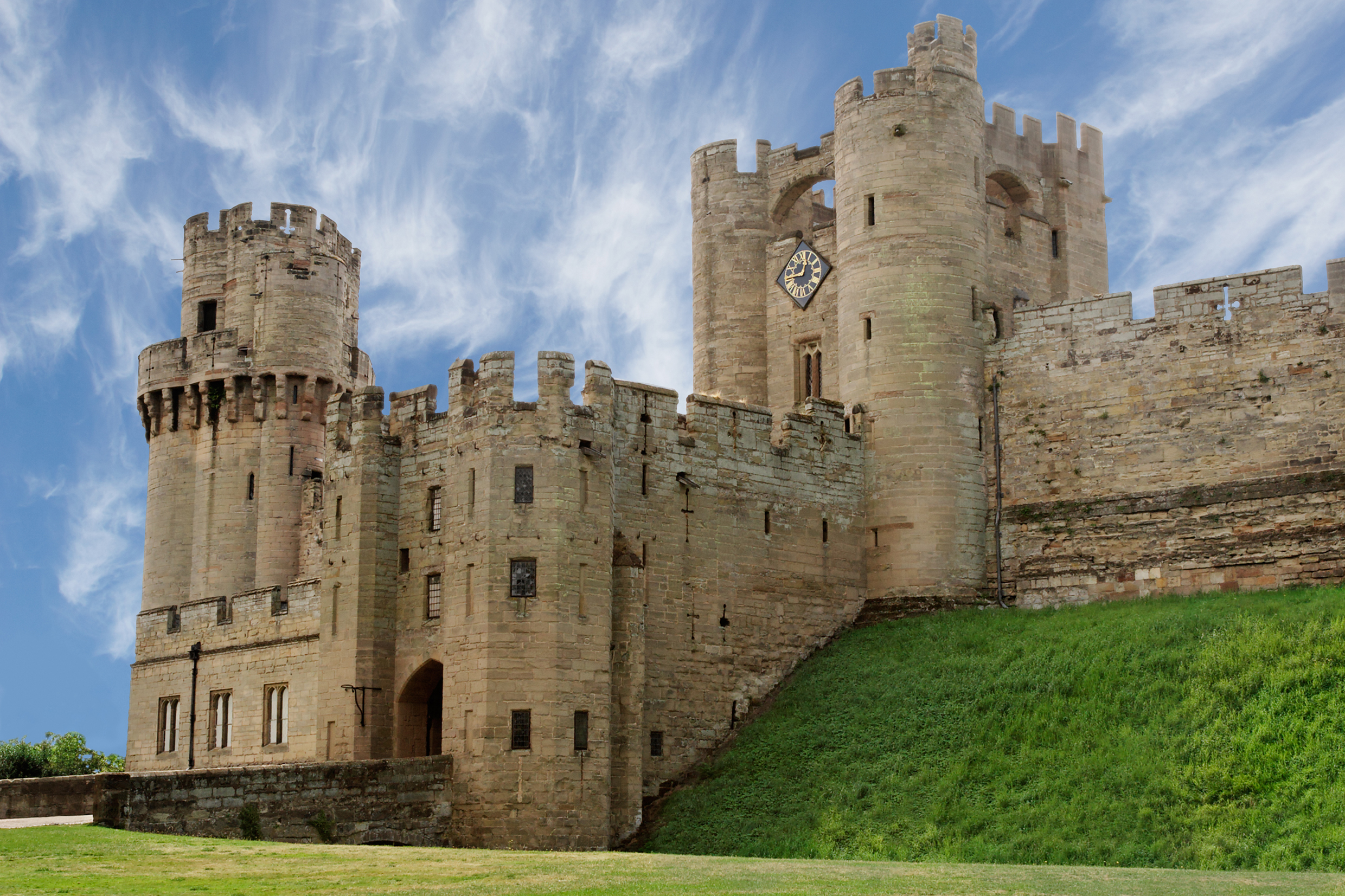As part of making the judgement about the quality of education, inspectors will consider the extent to which schools are equipping pupils with the knowledge and cultural capital they need to succeed in life. Our understanding of ‘knowledge and cultural capital’ is derived from the following wording in the national curriculum:
‘It is the essential knowledge that pupils need to be educated citizens, introducing them to the best that has been thought and said and helping to engender an appreciation of human creativity and achievement.’
Ofsted School Inspection Handbook 2019
As History teachers I think it is safe to say we all feel confident about this quote. We are passionate about delivering knowledge, making educated citizens who learn from the events, people, ideas we study. Broadly speaking, history lends itself quite nicely to developing cultural capital. However, for those of you following the educational twitterati, many will have noticed an increasing amount of disquiet over attempts to ‘do’ cultural capital. These critics see the inculcation of cultural capital as being fostered through a curriculum that is broad and has depth. That is true, a good curriculum is cultural capital. However, I was struck by a quote from James Wood in the London Review of Books. He was writing about his time at Eton not quite fitting the ‘mould’ of other alumnus such as Boris Johnson and Jacob Reese-Mogg. He talked about the connections they had and the confidence that they would go on to be ‘the best’.
“The headmaster…instructed us in how we should comport ourselves in the world. The Etonian, he said, is one who can go into any room, mingle with any social group, be at ease and put others at their ease. (Not a bad model for the aspirant politicians in the room.) The Etonian is marked by his air of ‘effortless superiority’.”
https://www.lrb.co.uk/v41/n13/james-wood/diary
The BBC programme, How to Break into the Elite (2019) also explored the power gap that results in working class students feeling like an imposter in the professions as they cannot discuss ski resorts, artworks, and food that those from middle and upper class families can. They are on the back foot. Many of the students we teach will find themselves in this situation. Pierre Bourdieu defined cultural capital as ‘familiarity with the legitimate culture within a society’. Therefore, I see cultural capital as something that starts with the curriculum but some schools will have to take it further and incorporate enrichment and make links explicit to ensure that every student can go into any room, mingle and be at ease!
Here are some things you can do as a History teacher to develop cultural capital?
In the KS3 History series by Aaron Wilkes there is the feature Meanwhile – this allows students to make connections between people and events in different places around the world. It also fosters cross-curricular links. This is also something explored by Richard Kennett and Will Bailey-Watson, who created a ‘meanwhile, elsewhere’ site, which has been taken up by lots of History departments and schools. A twitter search will show some wonderful ways it can be used. It gives a sense of period and adds to the wow factor of our subject!

- Make links with other departments and be explicit about where the links are. It is the favourite moan of every History teacher that they teach them context in English and don’t do it the way we would. Talk to your counter-part in English and plan to teach the context at the same time. Or ensure that you know when other subjects are delivering content so you can highlight this to the students “I know in Drama you have talked about Elizabethan theatre and Sir showed you the different areas people could watch the plays. This links with our lesson on changing attitudes to the poor…”. You will be surprised when you start talking to other subject teachers – there are so many links that can be made
- Ensure that your curriculum has diverse voices in it. Where this is lacking add it in. A well-deserved criticism of the Ofsted quote on cultural capital is WHO has decided what is the best that has been said and thought. We must ensure that our students know the ‘best’ from all groups in society
- Trips! Get them out and let them see all these wonderful things we are telling them about. Team up with other subjects and make those links real – show them.
- When you can, focus on careers in History. When I first left school I studied nursing at university as I understood the idea of a degree that led to a job – a job I had seen people do. Explore the options available to help build the confidence to go for qualifications and jobs that may not always make sense.
- Finally, go back and look at your curriculum – have you tried to squeeze too much in (the History teachers prerogative). Are the student losing the breadth and depth that will naturally build cultural capital?
We may not all be teaching at Eton but we have a duty to give our students everything they need to have an effortless superiority that helps them and others.

Lindsay Bruce is a History teacher and Lead Practitioner in a secondary school in the Midlands. She most recently wrote the History Word Gap resource pack; she is part of Oxford’s KS3 History 4th Edition and the Oxford AQA GCSE History author team. Follow her on Twitter @HistoryTeach0.
